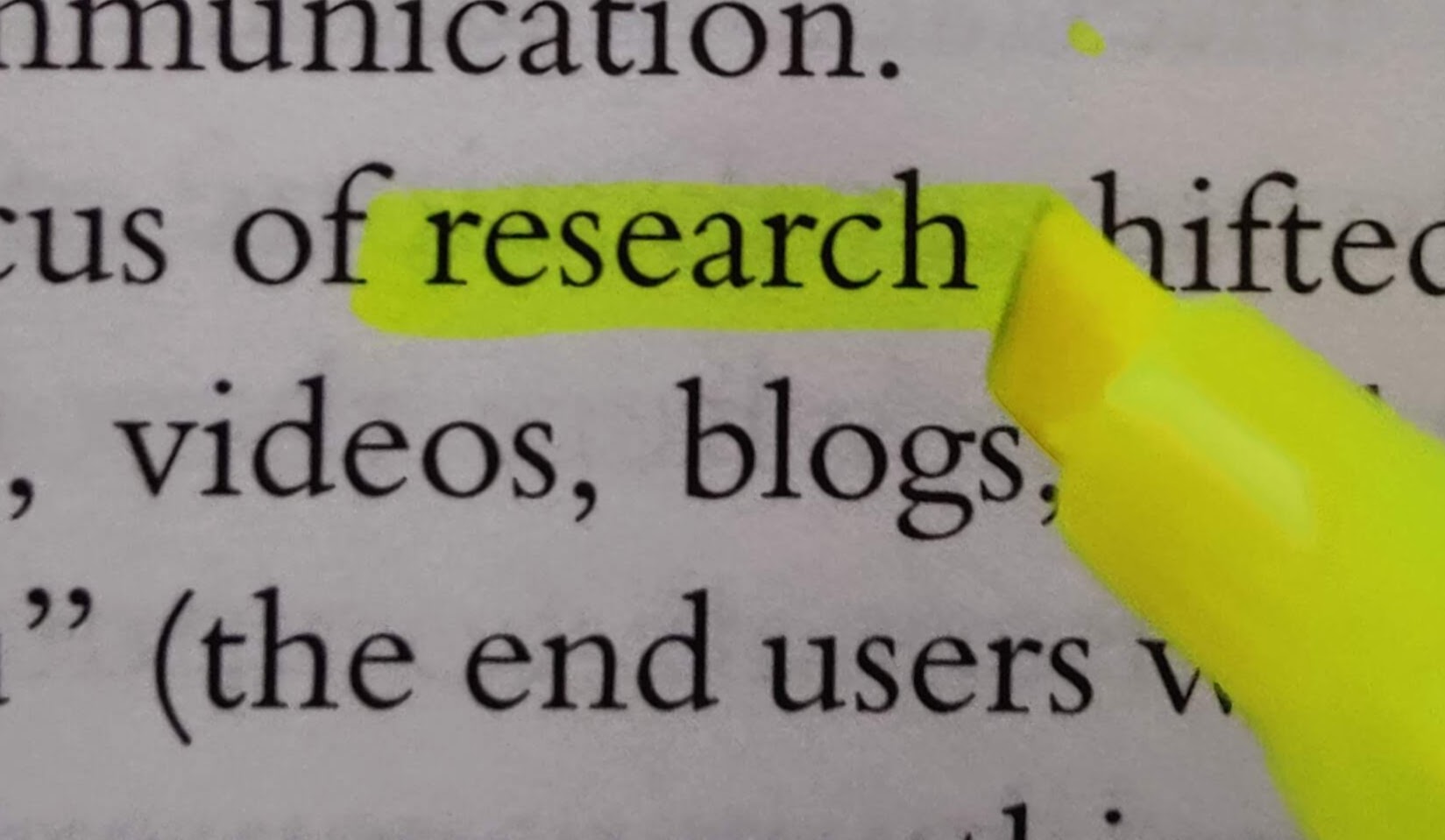Ethics Violations in Human Research throughout History
Ethics are commonly viewed as norms for conduct and how we determine right from wrong. In human research, these ethics are the guidelines under which we evaluate our work and how it affects people.
Ethics review boards are established to evaluate the ethics of a research protocol. While not comprehensive, below is a list of ethics violations that led to ethical guidelines such as those established in the Belmont Report.
Please note that reading through these examples will cause discomfort and unease.
-
- 1846: Gynecological procedures tested on enslaved women without anesthetic
-
- 1932: Start of the Tuskegee experiments withholding established syphilis treatments from black men
-
- 1939: Nuremberg atrocities committed during WWII
-
- 1939: Unit 731 illegal testing of chemical and biological weapons on civilians
-
- 1980s: Blood donated from the Nuu-chah-nulth tribe and the Havasupai tribe was used by multiple research institutions without informed consent of how extensively their DNA would be used
-
- 1990s: Costa Rica used as an unregulated pharmaceutical testing ground for infant and children treatments
- 2005: Private institutions are beneficiaries of amassing the world’s largest bank of indigenous blood and database of human origins and migration, all at the expense of indigenous peoples
-
- 2015: Ethnographer refuses to provide crucial information in search for murderer and potentially engaged in illegal activities under the guise of “research”
I update this list as I receive additional examples. If you have an example to add to the list, please email me a link to the violation with a brief, one or two sentence summary.



